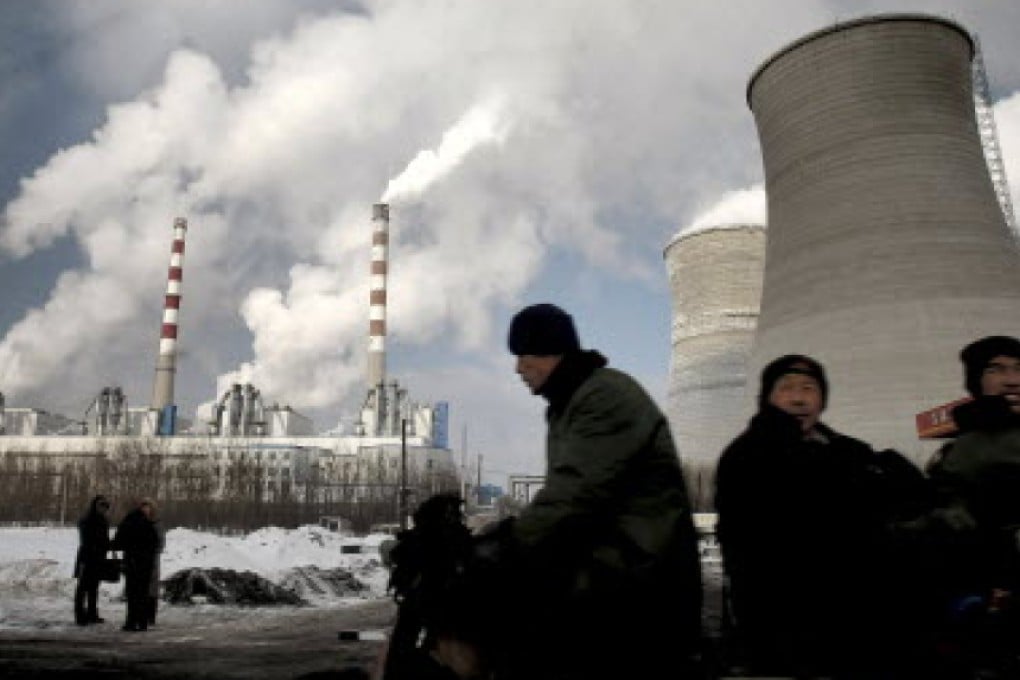As use of nuclear energy grows more widespread in Asia, transparency should be key
Yanfei Li says with a number of economies in Asia now building more plants to tap nuclear energy, governments should be more open about their operation to assuage public fears

Surprisingly, while public opinion around the world is still sceptical about the safety and cleanliness of nuclear energy and many countries are cutting nuclear's share of the total energy load, it's experiencing a boom in Asia, led by China and India. Southeast Asian countries such as Vietnam, Indonesia and Thailand are also preparing to use more nuclear energy, and that development has raised concern about how safe and secure it is in Asia.
We know nuclear energy is statistically safe. So why is there a significantly greater reluctance to accept nuclear, and why are many countries equipped with nuclear energy curbing it or phasing it out? Is it because of a lack of knowledge about nuclear plants? Perhaps not. People know as little about the construction and operation of an airplane as they do about nuclear power plants.
Is it because of the potential scale of a fatal nuclear accident? Perhaps not. Mankind is building facilities that are certainly more impressive, such as mega-hydroelectric dams on major rivers, with millions of people affected in their homes downstream.
People might be more accepting if they knew more about the construction, operation, monitoring, regulation and administration of nuclear power plants
Then is this scepticism due to people frightened of the long-lasting radioactive effect in the area immediately around a nuclear accident site? Fortunately, we do have the means to restore the affected area to normal, as the recovery of the area around Fukushima, Japan, shows. The cost would be high, but it certainly can be done if it is decided that the land is worth the cost of the restoration.
The deepest fear apparently comes from the invisibility of radiation and its potential impact on human body. And some of the effects are not immediate; they develop into physical symptoms years later, and can be passed on to the next generation.
People might be more accepting if they knew more about the construction, operation, monitoring, regulation and administration of nuclear power plants. Not only are these issues not transparent, but they also have a mysterious and formidable air about them, especially when rumours of minor incidents pop up from time to time in a country or region that has nuclear power plants.
Concern is best alleviated in developed economies, where there is more reliable regulation, administration, management and monitoring, as well as relatively more transparency regarding the actual status of nuclear facilities. But even some developed economies have not done enough to improve transparency, and these are the ones retreating from nuclear energy.